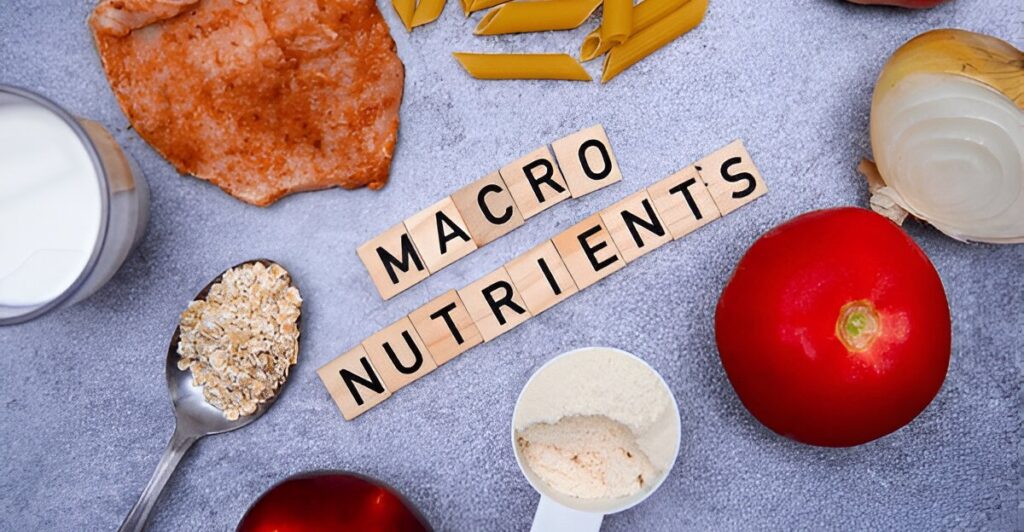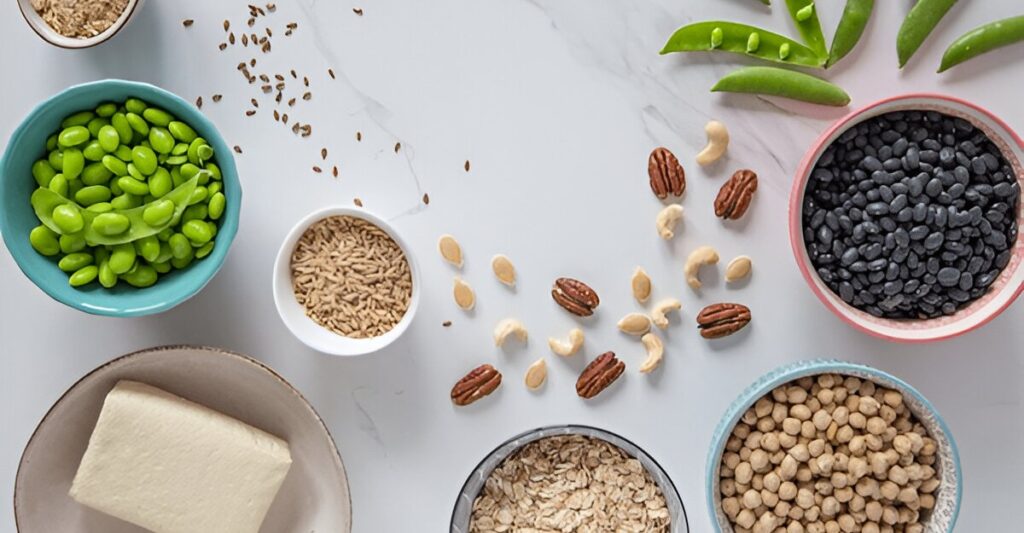Construction workers face physically demanding jobs that require strength, endurance, and mental alertness. Long hours, intense labor, and limited access to healthy food options can make maintaining a nutritious diet challenging. However, healthy eating for construction workers is essential to sustain energy, support muscle recovery, and promote long-term health. In this article, we’ll share practical tips, meal ideas, and strategies to help construction workers eat well on the job site.
Why Healthy Eating Matters for Construction Workers
The physical demands of construction—lifting heavy materials, operating machinery, and working in varying weather conditions—require a steady supply of energy and nutrients. Poor dietary choices, like relying on fast food or sugary snacks, can lead to:
- Energy crashes that reduce productivity and focus.
- Muscle fatigue or delayed recovery from physical strain.
- Increased risk of chronic conditions like obesity, diabetes, or heart disease.
Healthy eating for construction workers supports physical performance, enhances recovery, and reduces fatigue, ensuring you stay strong and safe on the job.
Key Principles of Healthy Eating for Construction Workers
To meet the unique needs of construction work, focus on these dietary principles:
1. Prioritize High-Energy, Nutrient-Dense Meals
Balanced meals with complex carbs, protein, and healthy fats provide sustained energy and support muscle repair. Use this guide:
- Half your plate: Non-starchy vegetables (e.g., broccoli, spinach, peppers) for vitamins and fiber.
- One-quarter: Lean protein (e.g., chicken, turkey, beans) for muscle recovery.
- One-quarter: Complex carbs (e.g., brown rice, sweet potatoes) for energy.
- Add healthy fats: Nuts, avocado, or olive oil for long-lasting fuel.
Example: A lunch of grilled chicken, quinoa, and roasted zucchini with a drizzle of olive oil keeps you energized through afternoon tasks.
2. Focus on Protein for Muscle Recovery
Protein is critical for repairing muscles strained by lifting, carrying, and other physical tasks. Aim for 20–30 grams per meal with sources like:
- Animal-based: Eggs, lean beef, fish, or Greek yogurt.
- Plant-based: Lentils, chickpeas, or tofu.
A breakfast of scrambled eggs with spinach and whole-grain toast provides protein and carbs to kickstart your day.
3. Choose Complex Carbohydrates for Sustained Energy
Complex carbs release energy slowly, preventing fatigue during long shifts. Incorporate:
- Whole grains: Oats, barley, or whole-wheat bread.
- Starchy vegetables: Sweet potatoes or butternut squash.
- Legumes: Black beans or kidney beans.
Avoid sugary snacks or refined carbs (e.g., donuts, white bread), which cause energy spikes and crashes.
4. Include Healthy Fats for Endurance
Healthy fats provide a concentrated energy source, ideal for physically demanding jobs. Opt for:
- Omega-3s: Salmon, walnuts, or chia seeds.
- Monounsaturated fats: Almonds, avocado, or olive oil.
Pack a snack of trail mix with nuts and seeds for a quick, fat-rich energy boost.
5. Boost Fiber for Digestion
Fiber supports digestion and stabilizes blood sugar, countering irregular eating schedules. Aim for 25–35 grams daily from:
- Vegetables: Carrots, kale, or bell peppers.
- Fruits: Apples, berries, or pears.
- Whole grains: Bulgur or whole-grain wraps.
A fiber-rich wrap with hummus, veggies, and turkey is a portable, digestion-friendly meal.
6. Stay Hydrated
Dehydration can impair strength, focus, and heat tolerance, especially on hot job sites. Drink 10–12 cups of water daily, more in extreme heat, and:
- Include hydrating foods like watermelon, cucumbers, or oranges.
- Use electrolyte packets (low-sugar) if sweating heavily.
- Limit sugary drinks or energy drinks, which can dehydrate you further.
Keep a large water bottle in your truck or cooler for easy access.
7. Pack Smart Snacks
Nutrient-dense snacks prevent hunger and maintain energy between meals. Try:
- Hard-boiled eggs with baby carrots.
- Greek yogurt with granola and fruit.
- Protein bars (low-sugar, high-fiber) or jerky with dried fruit.
Prep snacks in advance to avoid vending machines or gas station junk food.
Sample Meal Plan for Construction Workers
Here’s a practical meal plan to support healthy eating for construction workers:
- Breakfast: Oatmeal with almond butter, banana slices, and chia seeds.
- Morning Snack: A handful of almonds and an apple.
- Lunch: Whole-grain wrap with grilled turkey, avocado, spinach, and hummus, paired with snap peas.
- Afternoon Snack: Cottage cheese with berries and a sprinkle of sunflower seeds.
- Dinner: Baked salmon, roasted sweet potatoes, and steamed asparagus with olive oil.
This plan is portable, nutrient-packed, and designed for high-energy days.
Practical Tips for Eating Healthy on the Job Site
Construction sites often lack refrigerators or microwaves, so preparation is key. Try these strategies:
- Invest in Gear: Use a high-quality cooler or insulated lunch bag to keep food fresh.
- Batch Prep: Cook meals in bulk on days off to save time.
- Choose Durable Foods: Pack non-perishable items like nuts, dried fruit, or tuna packets for long shifts.
- Plan Stops: Research diners or grocery stores with healthy options along your route.
- Eat Regularly: Aim for meals or snacks every 3–4 hours to maintain energy and avoid overeating.
Lifestyle Tips to Complement Healthy Eating
Healthy eating for construction workers is more effective with these habits:
- Stretch and Move: Do light stretches during breaks to reduce muscle stiffness.
- Prioritize Sleep: Aim for 7–8 hours to support recovery and appetite regulation.
- Manage Stress: Use deep breathing or music to stay calm, reducing stress-related cravings.
- Stay Safe: Proper nutrition enhances focus, reducing the risk of accidents.
Overcoming Common Challenges
Construction workers face dietary obstacles. Here’s how to address them:
- Limited Food Access: Stock up on non-perishable healthy foods at grocery stores.
- Time Constraints: Prep meals in advance or buy pre-made healthy options like salads or protein packs.
- Fast Food Temptation: Keep satisfying snacks like jerky or fruit to curb fast food cravings.
- Physical Fatigue: Pair high-protein meals with carbs to speed muscle recovery.
Who Can Benefit from This Diet?
Healthy eating for construction workers is ideal for:
- Workers in physically demanding roles needing strength and stamina.
- Those aiming to manage weight or prevent chronic health issues.
- Anyone in construction wanting to boost energy and job performance.
If you have conditions like diabetes or hypertension, consult a dietitian to tailor this diet.
Foods to Limit or Avoid
To optimize health and performance, minimize:
- Sugary Snacks: Candy, pastries, or energy drinks cause energy crashes.
- High-Sodium Foods: Fried foods or processed meats can lead to bloating or high blood pressure.
- Excess Caffeine: Limit to 1–2 cups daily to avoid jitteriness or sleep issues.
Conclusion: Power Your Workday with Healthy Eating
Healthy eating for construction workers is about fueling your body with nutrient-dense, portable foods that support strength, stamina, and focus. By planning balanced meals, staying hydrated, and choosing high-protein, high-fiber snacks, you can perform at your best on the job site. With a little preparation, you can transform your diet and thrive in the demanding world of construction.
Ready to fuel up? Start by packing one healthy meal or snack for your next shift, like a protein-packed wrap or a bag of trail mix. Small changes can lead to big gains in energy and health.


